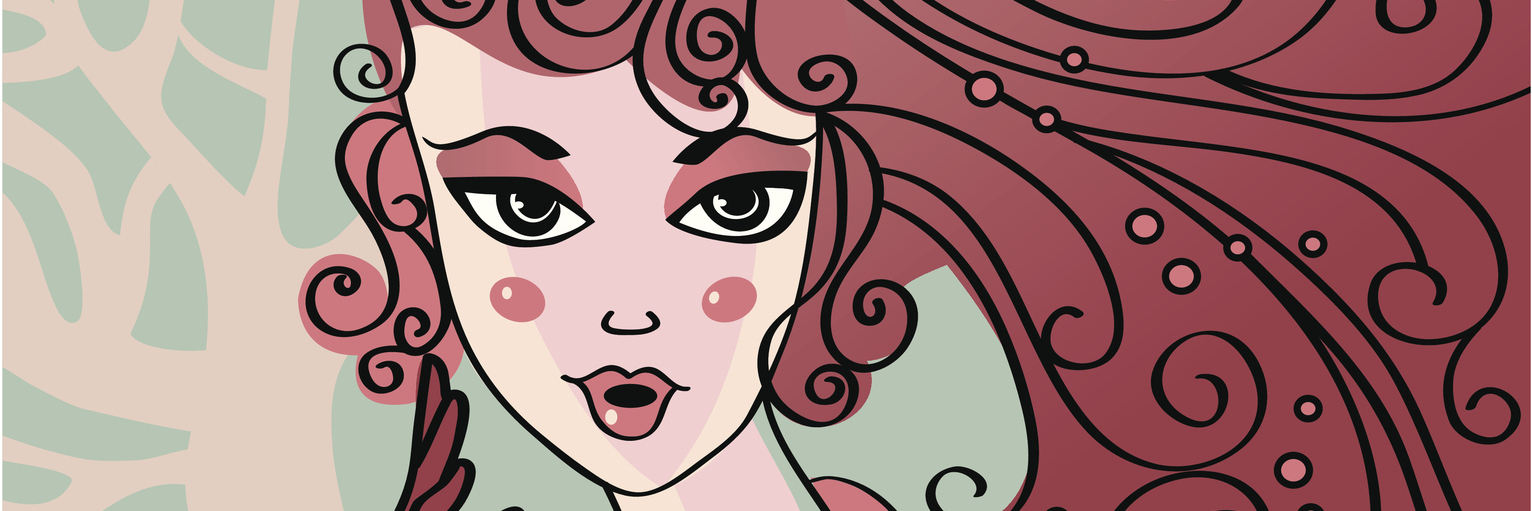What I Wish Others Understood About My Struggle With Hoarding
Recently, I was watching one of my favorite shows when I heard something that stuck with me. “Hoarders” is an intervention type show where family and friends typically assist a hoarder with facing his or her problem or illness and clean up their home. A family member assisting in the process mentioned during an interview that he was unable to feel empathy for a person with a problem he didn’t or wouldn’t have himself. In other words, because he didn’t understand his sister’s illness, he couldn’t feel empathy for her.
I have never had a number of health conditions, but for me, it’s not difficult to feel empathy for people going through the pain, treatment and emotions of their care. Wow! But I guess the issue is we are talking about a mental illness, so it’s not as easy for people to understand. I find that unfortunate.
Hoarding is a facet of obsessive-compulsive disorder (OCD), which is an anxiety-related mental illness. I am a “recovering” hoarder. That’s what I use as an explanation because I have worked hard and have been fairly successful at conquering that predilection. Unfortunately, I have struggled with OCD my entire life. I can look back to when I was very young and remember counting, checking and constantly rearranging in an attempt to find control in a life where a lot was out of control. I never heard the term “OCD” and never knew what I was doing until I was much, much older. I was always painfully neat and required a sensible organization system. When my family went away on vacation, I sorted my change into cups for the arcade, the phone and the snack machines. This character “flaw” was always a source of amusement for those around me.
So how did I go from being a “neat freak” to a hoarder? Good question. Really good question. I don’t even recall, except I always seemed to save things. At some point, life must have required too much of my time to allow me to keep control of all the things I saved and started to overwhelm my space. Now I hate to admit it, because truly, lack of coping skills irritates me, but several unfortunate events in my life conspired to leave me a bit lost. Queue the hoarding. Loss of control. Powerless to get it back.
Then the king of unfortunate events happened. Our house burned down. Hoarding problem “solved.” We lost everything, including our pets. Painful. Particularly when you basically have no coping skills. But life, my friends, does go on.
Recently, my daughter became ill. For me, this completely redefined the concept of painful. It also caused some issues in my family situation and as explanation for my daughter’s difficulties. I was sharply reminded — by family members — that my hoarding was clearly detrimental to her health.
Wait, what? What hoarding? Was I still a hoarder? Did I create my daughter’s illness by being a terrible person, a terrible mother?
Talk about increasing the pain when I thought there was no way to increase it. I went home. I looked around and I ripped cupboard doors open, looking for offending items. I sorted, I organized, I looked for things to throw out. I scrubbed and sweated and fretted. I stressed and cried and called my sister and yelled into the phone that I was not a terrible person, that I was devoted to being a mother, that I was working so hard to help my daughter get well and to cope. For the first time in my life, I was actively looking for good coping skills.
Breathe. Just breathe, I told myself. I was not an active hoarder… I was a recovering hoarder. That word should never have been thrust into my face at a very delicate time — because it has no use and wasn’t relevant in this situation.
Look, we all make mistakes, we all deal with life and its unexpected events and many of us go through mental illness. Let’s call it what it is. Mental illness. These are not dirty words, this isn’t a weakness, this isn’t a character flaw. This is an illness. Many of us spend our lifetimes working to find support, treatment and recovery. And many of us face the stigma our whole lives because we have a mental illness. What a shame. Because the last thing a person needs when facing an illness is judgment, shame and accusations.
So after all of that, my daughter asked me if I was going to continue to let others define my value as a person. Was I going to let unkind words keep me from my joy? Damn, I thought. She is a smart kid! No, I am not. No, I will not. I am going to continue my recovery process, be the best me I can be and be there for my daughter. I want to help her heal, recover and enjoy her life — without any judgment.
We want to hear your story. Become a Mighty contributor here.
Thinkstock photo via Pimonova.

